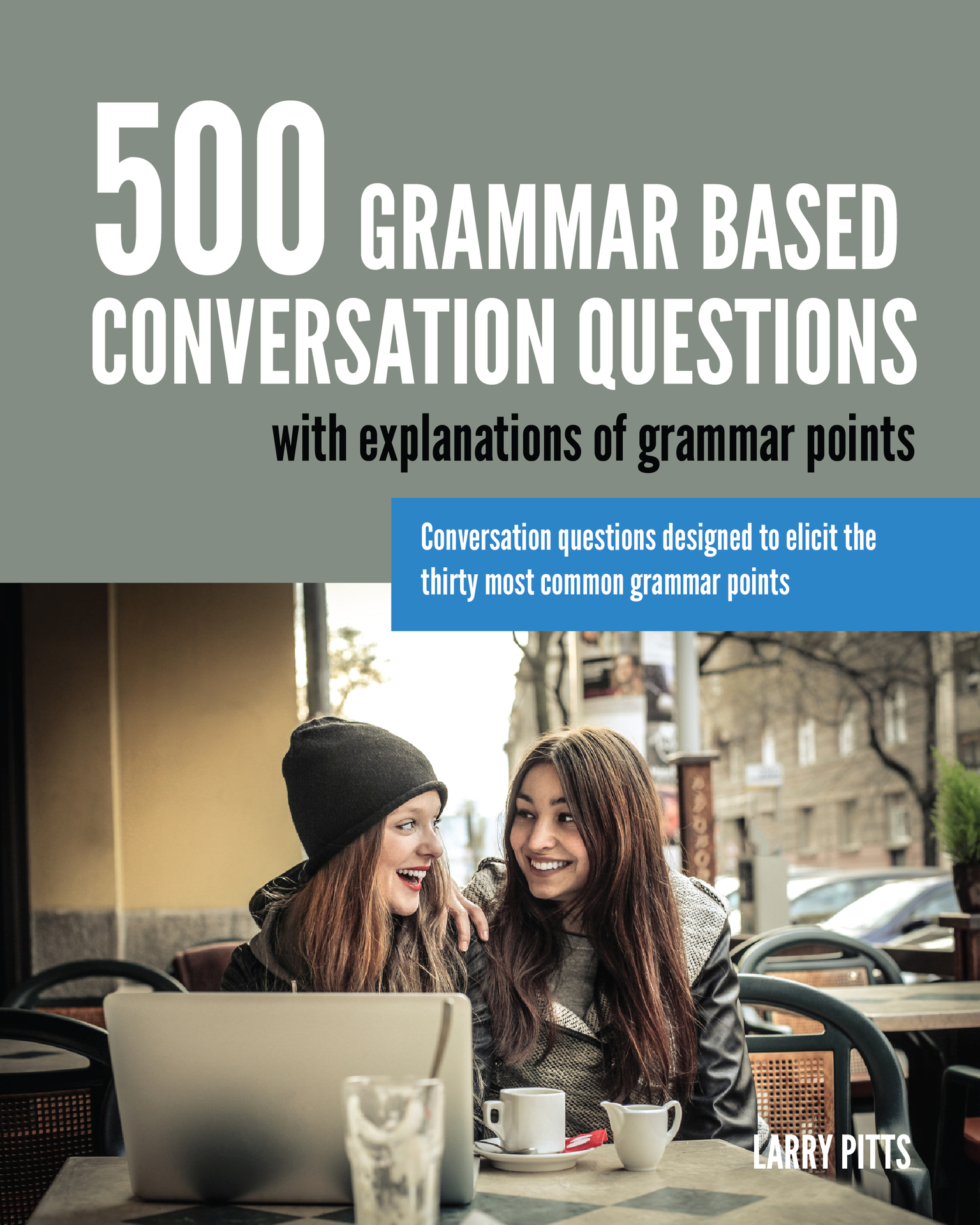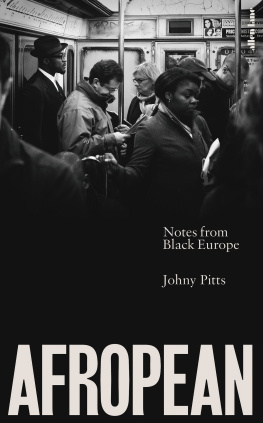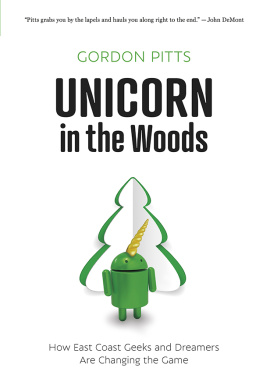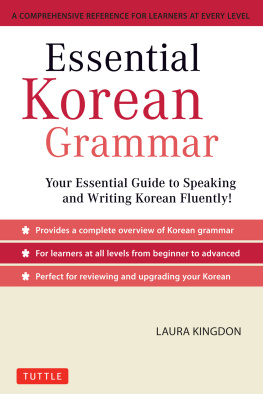Pitts - 500 Grammar Based Conversation Questions
Here you can read online Pitts - 500 Grammar Based Conversation Questions full text of the book (entire story) in english for free. Download pdf and epub, get meaning, cover and reviews about this ebook. year: 2014, publisher: ECQ Publishing, genre: Detective and thriller. Description of the work, (preface) as well as reviews are available. Best literature library LitArk.com created for fans of good reading and offers a wide selection of genres:
Romance novel
Science fiction
Adventure
Detective
Science
History
Home and family
Prose
Art
Politics
Computer
Non-fiction
Religion
Business
Children
Humor
Choose a favorite category and find really read worthwhile books. Enjoy immersion in the world of imagination, feel the emotions of the characters or learn something new for yourself, make an fascinating discovery.

- Book:500 Grammar Based Conversation Questions
- Author:
- Publisher:ECQ Publishing
- Genre:
- Year:2014
- Rating:3 / 5
- Favourites:Add to favourites
- Your mark:
- 60
- 1
- 2
- 3
- 4
- 5
500 Grammar Based Conversation Questions: summary, description and annotation
We offer to read an annotation, description, summary or preface (depends on what the author of the book "500 Grammar Based Conversation Questions" wrote himself). If you haven't found the necessary information about the book — write in the comments, we will try to find it.
Pitts: author's other books
Who wrote 500 Grammar Based Conversation Questions? Find out the surname, the name of the author of the book and a list of all author's works by series.
500 Grammar Based Conversation Questions — read online for free the complete book (whole text) full work
Below is the text of the book, divided by pages. System saving the place of the last page read, allows you to conveniently read the book "500 Grammar Based Conversation Questions" online for free, without having to search again every time where you left off. Put a bookmark, and you can go to the page where you finished reading at any time.
Font size:
Interval:
Bookmark:

- How often do you read? What types of books do you like to read?
- How often do you go out to eat on weekends?
- How often do you watch TV in the evening? What shows do you like?
- How often do you eat meat for dinner?
- How often do you stay up later than you should?
- How often do you go for walks? Where do you go?
- How often do you eat fast food for lunch?
- How often do you sing? What types of music do you sing?
- How often do you listen to classical music?
- How often do you go to the movies alone?
- How often do you go to the beach in summer?
- How often do you text?
- How often do you check your email?
- How often do you check social media platforms like Facebook?
- How often do you ride a bike to work or school?
- How often do you ask your friends for help?
- How often do you skip breakfast?
- Are your parents as supportive as your friends?
- Are the Rolling Stones as well known as the Beatles?
- Are puzzles as fun as crosswords?
- Is modern art as beautiful as classical art?
- Is watching a play as fun as watching a movie?
- Are cats as fun as dogs?
- Whats as thrilling as a roller coaster ride?
- Whats as delicious as fresh baked cookies?
- Who is as important as the president of the United States?
- What travel destinations are as popular as Rome?
- Is (city) as entertaining as (city)?
- Is (fast food restaurant) as good as (fast food restaurant)?
- Is (actor) as talented as (actor)?
- Is the (cell phone) as good as the (cell phone)?
- Is (mode of transportation) as comfortable as (mode of transportation)?
- Are (animals) as cute as (animals)?
- Is (celebrity) as strange as (celebrity)?
- What are you going to do after class?
- Where are you going to go on your next vacation?
- What are you going to do this weekend?
- How are you going to improve yourself or your life in the next three years?
- Where are you going to eat dinner tonight?
- When are you going to retire?
- Whats going to be your next big purchase? When are you going to buy it?
- What show or movie are you going to watch tonight?
- What are you going to use English for in the future?
- Whats going to be your next big career change?
- Who are you going to meet this weekend?
- When are you going to get up tomorrow?
- What electronic device are you going to buy next?
- Are you going to play any games today? What are you going to play?
- What piece of clothing are you going to buy next?
- What housework are you going to do this week?
- What are you going to cook this week?
- Is it better to have many friends or just a few close friends?
- Compare two recent movies. Which one is more entertaining?
- Which cell phone OS do you think is better? Why?
- Which is more important, money or happiness?
- Compare two types of foreign food. Which is more delicious? Which is cheaper?
- Which is more enjoyable, going to a theme park or going to a museum? Why?
- Who is more influential, politicians or celebrities?
- Which is more relaxing, reading a book or watching TV? Why?
- Do you think that corruption or poverty is a bigger problem? Why?
- Compare two countries. Which one is a better vacation spot?
- Is it better to have more free time or more money? Why?
- Which is more important, friends or family? Why?
- Is it better to live in the country or in a city? Why?
- Compare two musicians. Who do you think is more talented?
- Which is more exciting, playing a video game or playing a sport? Why?
- Which is more comfortable, a couch or a recliner?
Font size:
Interval:
Bookmark:
Similar books «500 Grammar Based Conversation Questions»
Look at similar books to 500 Grammar Based Conversation Questions. We have selected literature similar in name and meaning in the hope of providing readers with more options to find new, interesting, not yet read works.
Discussion, reviews of the book 500 Grammar Based Conversation Questions and just readers' own opinions. Leave your comments, write what you think about the work, its meaning or the main characters. Specify what exactly you liked and what you didn't like, and why you think so.










